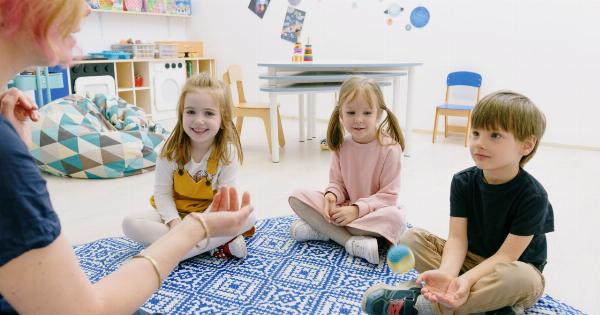As the world is becoming more and more competitive, the importance of early childhood education is being emphasized by parents and educators alike.
Parents are constantly seeking ways to ensure their children have the best start in life, and capturing the right time to help support that growth and development is crucial.
Early Childhood
The most advantageous time to capture a child is during early childhood. This period typically lasts from birth to age 8 and is crucial for a child’s cognitive, physical, and emotional development.
During this time, a child’s brain is rapidly developing, and early experiences can have a significant impact on their future success.
Language Development
One of the areas where capturing a child’s development during early childhood is most important is in language development.
Research has shown that children who are exposed to language early and often are more likely to have stronger language skills later in life. This means that parents should focus on talking, singing, and reading to their children as often as possible, starting from birth.
Social Development
Early childhood is also an important time for social development. During this period, children begin to develop social skills, such as sharing, taking turns, and interacting with others.
Parents and caregivers can encourage this development by providing opportunities for socialization through playdates, group activities, and preschool. It’s important to capture this time to ensure a child’s success in future social situations.
Cognitive Development
During early childhood, a child’s brain is rapidly developing, and cognitive development is at its peak. This means that a child’s ability to learn and absorb information is at its highest.
Parents and educators can capitalize on this period by providing stimulating activities that challenge a child’s mind, such as puzzles, games, and educational toys.
Emotional Development
Emotional development is also important during early childhood. During this period, children learn to identify and regulate their emotions and develop a sense of empathy for others.
Parents and caregivers can help support this development by providing a safe and supportive environment where a child can express their feelings freely and feel heard.
Conclusion
Early childhood is a crucial period for a child’s development, and capturing this time is essential for their future success.
Parents and caregivers should focus on providing stimulating experiences in areas such as language, socialization, cognitive development, and emotional development during this period to help set their child up for success.



























